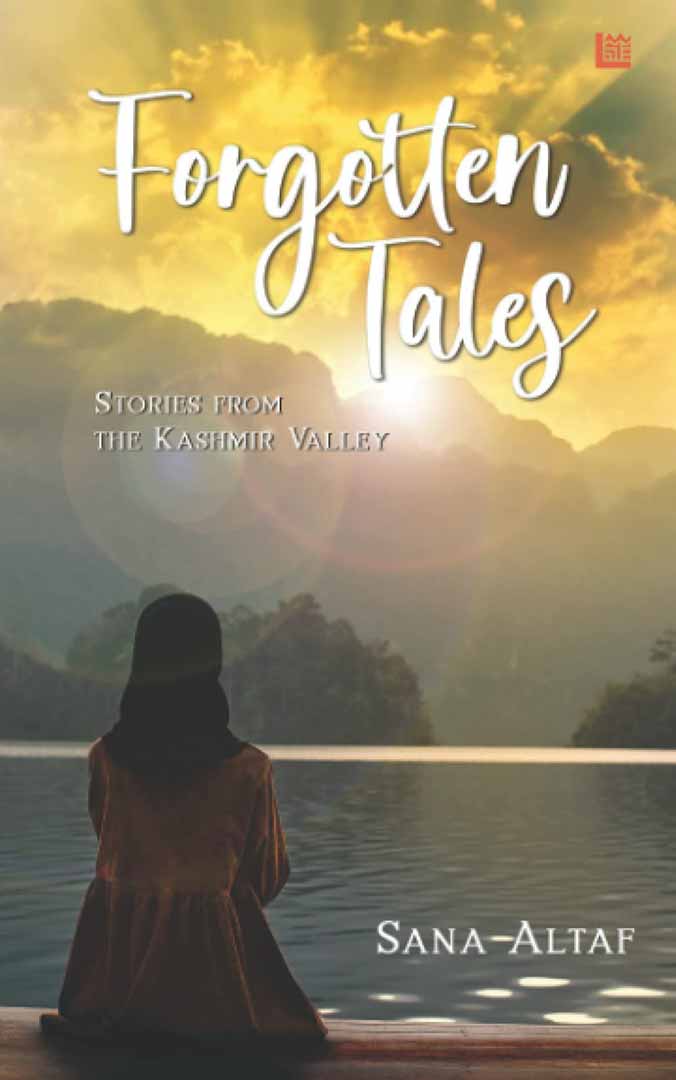 Sana Altaf was born in winter in Kashmir. As she learned to take her first steps and utter her first words; the world around her was changing. She was hardly five-years-old when she first heard the gunshots as she played slide on the snow. From that day, nothing remained the same. She grew up with blasts, killings, protests, and unending strikes.
Sana Altaf was born in winter in Kashmir. As she learned to take her first steps and utter her first words; the world around her was changing. She was hardly five-years-old when she first heard the gunshots as she played slide on the snow. From that day, nothing remained the same. She grew up with blasts, killings, protests, and unending strikes.
As she began to gain understanding of what was happening around, her heart never felt at ease. She began expressing herself through writing and chose journalism as her career. She also won an award in 2013 for reporting woman issues during conflict.
Backed with 10 years of journalism experience, she is currently based in United Arab Emirates where she pursues her passion for writing.
Forgotten Tales: Stories from the Kashmir Valley is her first collection of short stories.
TBE: Can you tell us a bit about your book ‘Forgotten Tales: Stories from the Kashmir Valley’ and what inspired you to write it?
Sana Altaf: Forgotten Tales is a collection of short stories set in Kashmir against the backdrop of conflict. My inspiration is my childhood and the people of Kashmir.
TBE: Why, or how do you think stories are able to create that kind of reaction in people, where they touch something viscerally inside of us that relates to our own past?
Sana Altaf: I believe we all are nothing but a bundle of stories. And all of us have stories that somewhere connect to people around us. When we tell our stories, there is always something in there that touches a chord with the readers and creates an impact.
TBE: Is there something in your depiction of Kashmir Valley, aside from the quality of writing and storytelling itself, that gets to people in some universal way? Do you think you have hit upon something that’s ubiquitous to small towns or the shadows of small towns, something that people can feel in their own communities in isolated parts of whatever city they may be from?
Sana Altaf: The book is about struggle, pain, and injustice. And I won’t say that it exists only in Kashmir. It’s the truth in many cities, towns, and countries in the world. That’s why it’s very important to tell such stories so people pause and think for a moment so that our future generation knows the past in a factual way. Telling stories is the only way to preserve the present, and it’s the present that creates history one day.
TBE: One thing I noticed throughout the collection is that while none of your characters could be considered heroes in the traditional mould, there is something heroic in their unflinching courage. They are frustrated and longing for something more, but they’re not, for the most part, losing hope. Was it a conscious decision to make courage the virtue that sustains them through what could be deemed a purgatorial existence, or did you see it more as a shackle that prevents them from escaping this world, this stagnant way of living?
Sana Altaf: I believe heroes are not just those who make incredible achievements in life while the world cheers them. Real heroes are those who stand against the blunt reality of life and in Kashmir, you see such heroes everywhere. There is a hero in every single Kashmiri who has lived through the reality of the past 30 years and that’s the reality I tried to depict in the book
TBE: How do you get such a fine level of detail about your characters, their thought processes, and their lives?
Sana Altaf: By nature, I love to observe people, interact with them, and know their stories. Besides, when I worked as a journalist in Kashmir, it gave me a closer look into peoples’ lives, their thoughts, and sufferings.
TBE: What kind of situation for the character do you find yourself searching for when you start a new story? What most frequently gives you a way in?
Sana Altaf: Realistic situations. They appeal to me the most.
TBE: Did you have any goals for this collection when you wrote it? Any particular theme you want to explore?
Sana Altaf: The stories I have penned are an expression from my heart. They are the stories I wanted to tell. I never had any specific theme to follow
TBE: Ultimately, what do you hope readers will get out of your book?
Sana Altaf: The book gives an insight into the lives of the people of Kashmir which need not be forgotten
TBE: How was your publishing experience with Leadstart?
Sana Altaf: It has been an amazing experience. The team is very patient and takes all the feedback very positively. I am really glad that I chose Leadstart.
TBE: Is there anything you are currently working on that may intrigue the interest of your readers?
Sana Altaf: Nothing concrete so far, but will surely come up with another book that’s for sure.




